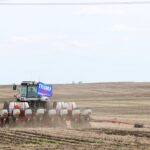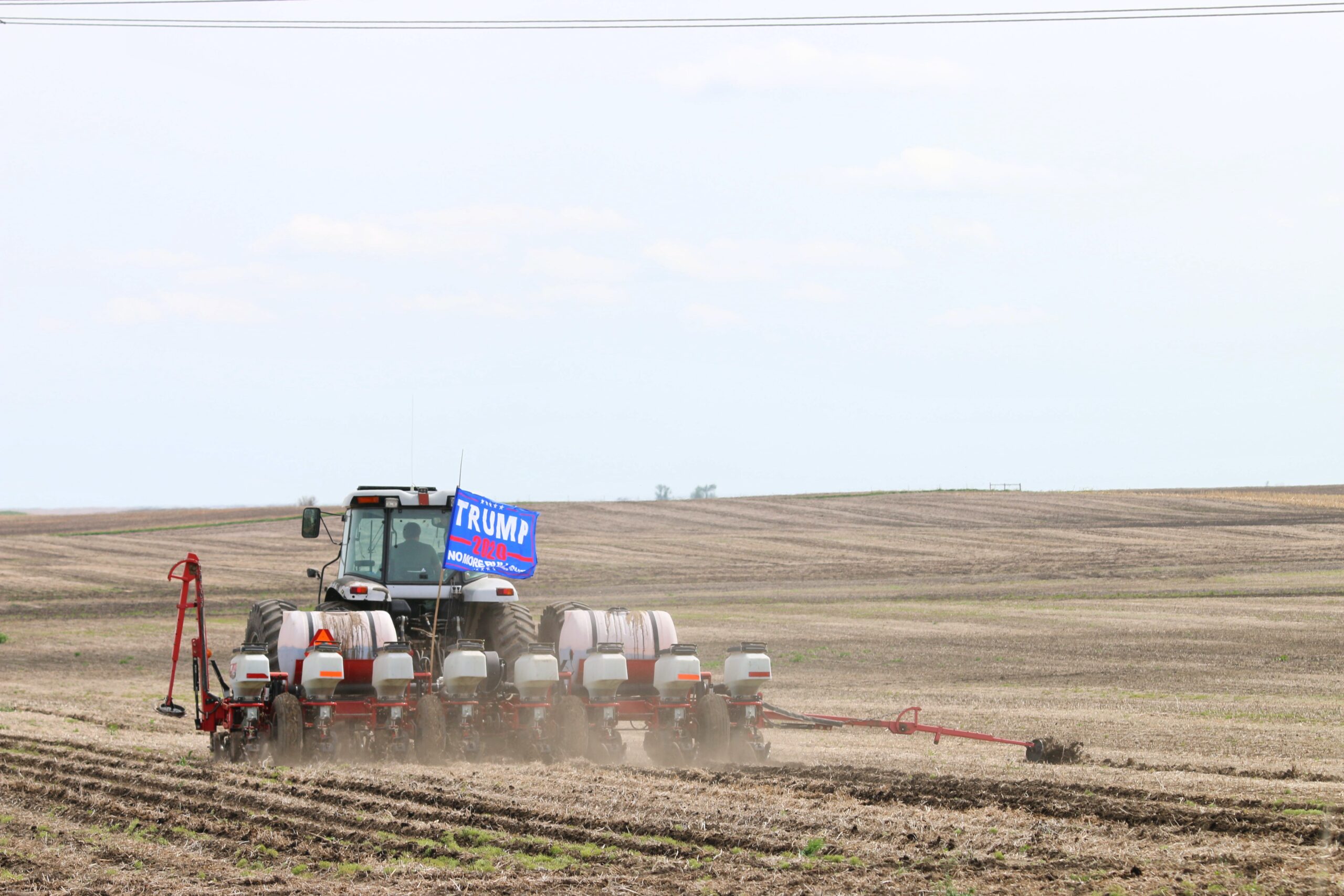How to cause a famine? By imposing ESG rules on farmers. As happens even in the USA


Given that the world problem at the moment is food security, the US government, following the bad European example, has decided to put a spanner in the works for small farmers, putting them even more in crisis.
In March, the Security and Exchange Commission (SEC), a government structure that claims to "foster a market environment worthy of public trust," proposed a new environmental , social and governance (ESG) rule. Under the name of "Enhanced and Standardization of Climate-Related Disclosures for Investors", it would require registrants doing business with small traders to "include some information related to the climate ", Called" Scope 3 Emissions "(indirect emissions (upstream or downstream) that occur in the value chain of the reporting company. So even small farmers who work with banks should do the ESG accounting and prove that they are" Good "
But farmers and ranchers are not listed companies or "registrants" who submit reports to the Agency. However, the aforementioned provision will have a negative impact on their businesses and impose high costs and responsibilities because it will oblige even small unlisted companies to create onerous and complex accounting and ESG auditing standards, which are not their responsibility.
Already in principle, the new agency rule is inapplicable as it cannot regulate non-financial objectives such as the ESG, including those relating to greenhouse gas (GHG) emissions of scope 3. The reason is that the standard cannot be applied . Because? Political goals are not within their remit. As set forth in Section 13 (a) of the Securities Exchange Act of 1934, the SEC may only create rules deemed "necessary or appropriate for adequate investor protection and to ensure proper trading of the security" . ESG principles, as intended, do not make companies safer, only more vulnerable to politicization. It will be enough to get to the first appeal to the Supreme Court to cancel all this improper legislation.
Smallholders and operators are already subject to burdensome regulations by local, state and federal laws. Why burden even more on the troubled companies that feed and nourish us? It wouldn't be fair. Requiring these small producers to adopt more stringent reporting regimes would also raise huge privacy concerns.
Unlike companies, small and medium-sized agri-food companies generally run their businesses from their personal residences. For example, the disclosure of data relating to individual operations and daily activities – if made public – could invite threats from competitors and enemies of the agricultural industry and make them the target of radical environmentalists and animal rights activists intent on interrupt and block their activities altogether.
Unfortunately for the SEC, courts have already ruled against government agencies that mandate disclosure of sensitive personal data. The Eighth Circuit Court of Appeals ruled in American Farm Bureau Federation v. EPA (2016) that the disclosure by the Environmental Protection Agency (EPA) of spreadsheets containing personal information of farmers invites "to substantially protect the privacy of owners, while it favors little public interest recognizable under the FOIA ”and“ would constitute a clearly unwarranted invasion of personal privacy ”.
If the agency goes this route, registrants working with small businesses will no longer trust them to handle communications containing sensitive information. And they shouldn't.
Given the constraints already imposed on small agricultural businesses, disclosing personal data would involve a huge financial strain. To meet the new demands, farmers and ranchers would have to spend more time collecting data and less time on their food products.
Farm management software (FMS), for example, is neither cheap nor widely used by most farmers and ranchers. The software is said to cost these small businesses $ 1,200 more per year. Additionally, a 2018 survey of nearly 1,500 farmers found 69% still use non-computer tools for day-to-day operations. Ultimately, adopting a rigorous data reporting regime would make it impossible for these small businesses to focus on their bottom line: feeding, feeding and clothing the United States and, through exports, the world as well.
If this rule is passed, the SEC will betray its mission to "protect investors, facilitate capital formation and promote fair, orderly and efficient markets." Worse still, Scope 3 considerations would lead to the closure of small businesses and force SEC registrants to search for food from companies outside the United States, making our nation highly vulnerable to food insecurity.
many in the US parliament have spoken out against these absurd regulations, and it is to be hoped that it will be canceled. Meanwhile, everyone is working to destroy those who feed the world. A sign of profound evil or stupidity of the policies of the rulers.

Thanks to our Telegram channel you can stay updated on the publication of new articles of Economic Scenarios.
The article How to cause a famine? By imposing ESG rules on farmers. As happens even in the USA, it comes from ScenariEconomici.it .
This is a machine translation of a post published on Scenari Economici at the URL https://scenarieconomici.it/come-causare-una-carestia-imponendo-regole-esg-agli-agricoltori-come-succede-perfino-negli-usa/ on Sun, 03 Jul 2022 06:00:37 +0000.
